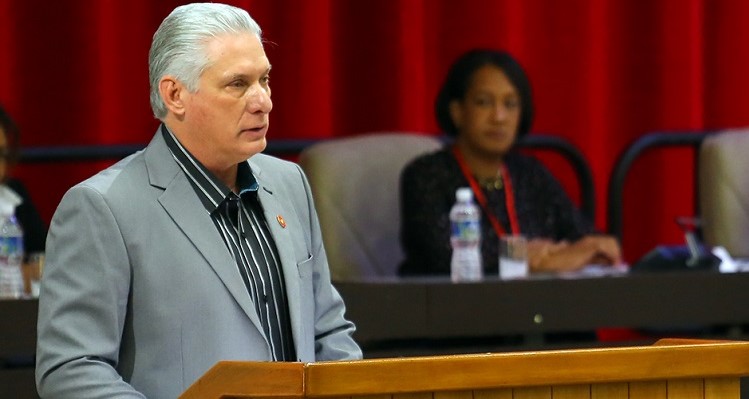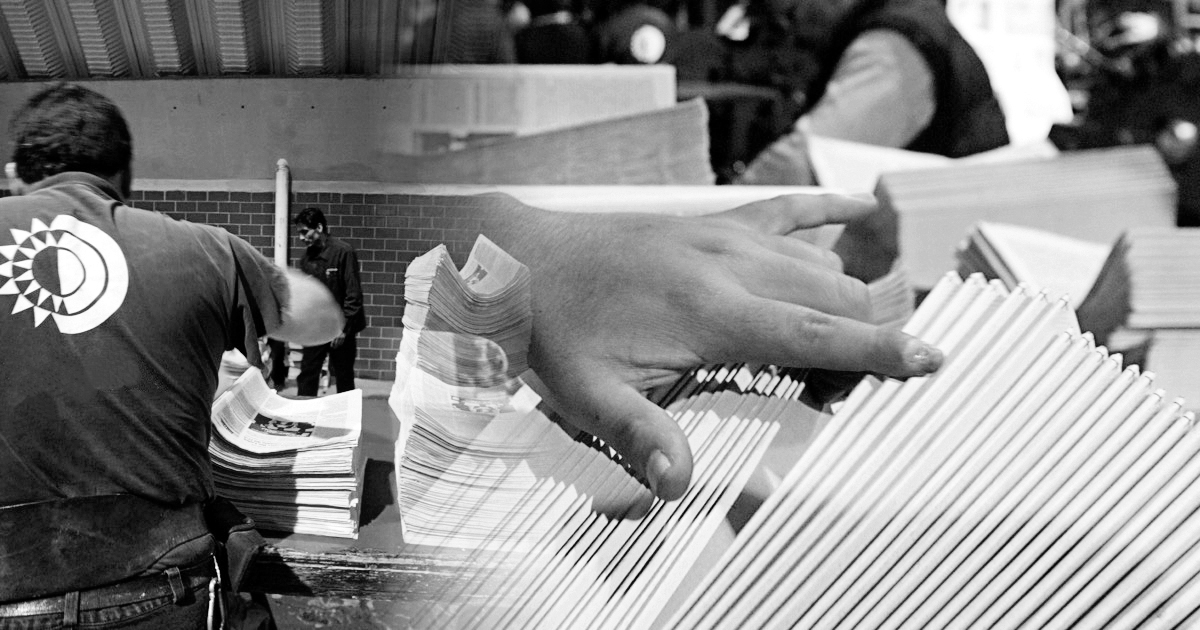CDMX, Mexico.- The designated president, Miguel Díaz-Canel, delivered a closing speech at the sessions of the Cuban Parliament that he himself defined as “his accountability” for the year 2022. The official media cubadebate published his words in full the next day.
The designated president does not know how to be accountable
In his speech, Díaz-Canel expressed the need for Latin American integration and spoke of the international crisis; but he said nothing about Cuba’s alignment with Russia in its war against Ukraine.
He spoke of his government’s good relations with Bolivia, Mexico and Venezuela, and the beginning of an economic collaboration with Argentina. He condemned the embargo and saluted the dictator Daniel Ortega. He said he had helped in the peace negotiations with Colombia, and assured that his government is willing to be a guarantor of those negotiations.
He also condemned the United States government for pointing out that the Cuban regime violates religious freedom; although he later thanked the northern country for its help when the fire broke out at the supertanker base in Matanzas, the shipment of the hundred firefighters’ uniforms that had just arrived on the island, and the financial support of two million dollars for the victims of Hurricane Ian . However, he reaffirmed that the US embargo is the fundamental obstacle to the country’s economic performance.
Díaz-Canel assured that during his international tour relations with Turkey, China, Russia and the CARICOM countries were consolidated; but he did not mention the businesses established with those nations, nor how much money Cuba had to disburse to pay for said tour and the participation in it of other officials, such as Esteban Lazo and Rodrigo Malmierca. The unelected president said nothing about the expenses of his government this year, nor what part of the national budget they occupied.
The opacity of government spending was typical of communist dictatorships in the last century. The central committees, political bureaus and governments have never rendered accounts of their expenses or the use of national resources to the citizens, despite being directly responsible for the total control of that patrimony.
Stalinism never gave up. In 1976 Fidel Castro adopted that political and economic system, with which he exempted the olive green leadership from being accountable for his management, including the management of the country’s resources. In Cuba, as in the former Soviet republics, politicians and officials who occupy key positions in the public administration are not questioned about their personal assets; a practice that has not been modified by the new Law of the Comptroller of the Republic, which keeps the Central Committee and the Political Bureau of the PCC exempt from control by the citizenry.
This decision is very serious, since these entities are the ones that control and manage public money and national resources, decide public policies in all areas and are also responsible for the savage repression against the Cuban people.
For this reason, since 1959, erratic policies and economic failures have been repeated and increased. Nobody controls the managers of public policies. These, in turn, are not accountable to the citizens, and the Constitution supports the omnipotence of the single party, outside of citizen control.
The designated president turns his back on human rights in Cuba
Díaz-Canel denies all human rights violations in Cuba and declares:
“I refuse to accept the demonization of socialism, particularly on the issue of human rights, because socialism is, by essence, a system aimed at achieving the greatest possible social justice, showing it as an enemy of freedoms and political rights in generally,” he said. In other words, reality does not count for the designated president, because his ideological doctrine says that human rights must be respected.
However, the opposite occurs. Independent civil society organizations, independent media, and social networks point out daily the increase in repression and the violation of all human rights on the Island.
The Prisoners Defenders organization account 1,034 political prisoners until November of this year. The Cuban Observatory for Human Rights publishes daily violations of the rights of political prisoners and their families.
Inmates such as Fernando Vázquez Guerra and Virgilio Mantilla Arango have revealed the use of torture methods such as the “colt” and the “crucifixion”, as well as confinement in punishment cells to those who make their complaints public. Also, on a daily basis, the claims of prisoners and relatives for the lack of medical assistance as a form of torture are made public. The last visit received in prison by the leader of UNPACU, José Daniel Ferrer, included a beating in front of their loved ones and Ferrer’s announcement to resume a hunger strike.
The relatives of the prisoners denounce the siege, intimidation and arrests by the repressive forces to force them to remain silent about the mistreatment suffered by their imprisoned relatives.
In other articles we have commented that almost all the laws approved throughout this year endorse human rights violations, with the exception perhaps of the Social Communication Law and the Family Code; the latter very controversial and with low approval.
OPINION ARTICLE
The opinions expressed in this article are the sole responsibility of the person who issues them and do not necessarily represent the opinion of CubaNet.
Receive information from CubaNet on your cell phone through WhatsApp. Send us a message with the word “CUBA” on the phone +525545038831, You can also subscribe to our electronic newsletter by giving click here.






